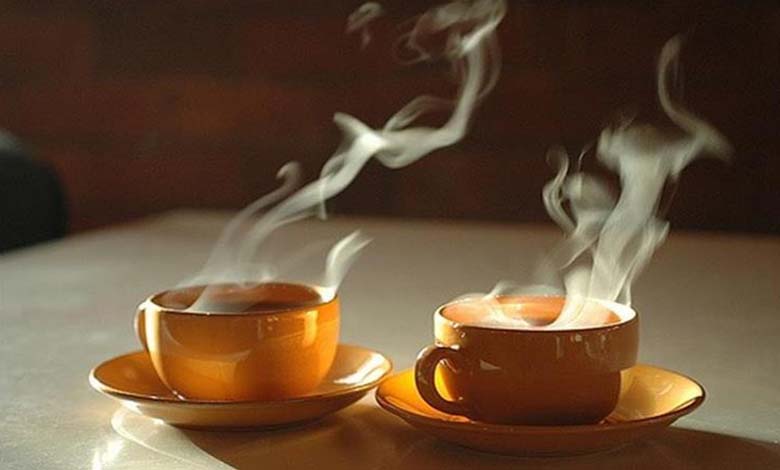Why are hot drinks recommended in hot weather?

When temperatures rise and the sun beats down, our first reaction is often to reach for an iced drink. From cold water bottles to frozen smoothies, our modern societies are conditioned to associate coolness with physical relief. However, in various parts of the world, especially in the Middle East, North Africa, India, and Central Asia, hot beverages are consumed even in the most intense heat. This traditional behavior, passed down through generations, is based on real physiological, cultural, and even psychological logic.
Let’s take a deeper look at why drinking hot beverages in hot weather may be smarter than it seems.
The body’s natural cooling system: sweating
When you drink something hot, your internal body temperature rises slightly. In response, your nervous system triggers the production of sweat. This is a natural cooling mechanism.
As sweat evaporates from the surface of the skin, it carries away heat, helping to reduce your body’s temperature. This evaporative cooling is more effective than simply consuming something cold, which may cool the inside of your mouth but doesn’t necessarily prompt the body to actively cool itself.
Of course, this mechanism only works well in dry climates. In humid environments, where sweat cannot evaporate easily, the effect is weaker. It’s also less effective if clothing is tight or airflow is limited.
Hot drinks help digestion
Hot beverages such as herbal teas, black tea, or ginger infusions stimulate the digestive system. During summer, when meals can be rich in oils, sugar, or fat, this stimulation is particularly beneficial. Warm liquids encourage enzymes to function, ease the movement of the intestines, and reduce bloating or heaviness.
Cold drinks, by contrast, slow down digestion. The sudden cold can constrict digestive blood vessels and disrupt stomach acid production, leading to discomfort and fatigue. What seems refreshing at first may result in lethargy and indigestion later.
More effective hydration
Contrary to popular belief, ice-cold drinks don’t necessarily hydrate better. They may even reduce your urge to drink more due to the shock they cause. Hot beverages, because they are sipped slowly, allow your body to absorb liquids gradually and efficiently.
They also regulate thirst cues more naturally. You don’t feel compelled to drink large volumes in one go, and your body is more balanced in its temperature and hydration needs throughout the day.
Avoiding internal thermal shock
Drinking icy drinks in hot weather can cause internal thermal shock. Your body, already working hard to cool itself, has to compensate for this sudden intrusion. This can lead to cramps, stomach pains, and even immune responses if done repeatedly.
By drinking warm liquids, the body maintains thermal balance more easily, reducing stress and minimizing metabolic confusion.
Cultural and emotional grounding
In many cultures, drinking tea is more than a physical act—it’s a ritual. In North Africa, sipping mint tea is a gesture of hospitality. In India, masala chai is a daily comfort. In China or Japan, tea ceremonies are meditative practices.
These customs reflect a profound relationship with heat and balance. They show that human beings, through tradition and observation, have often found wisdom that science later confirms. The psychological comfort from a hot drink, paired with its physiological benefits, offers a more holistic form of refreshment.
Conclusion
Hot drinks may not seem like an obvious choice in the heat, but they offer lasting benefits: better thermoregulation, digestion support, hydration efficiency, and emotional calm. They respect the body’s internal rhythm rather than shocking it.
Instead of reaching for a freezing soda next time you’re sweating in the sun, consider a warm herbal tea. It may be a surprising experience, but one your body will thank you for—both immediately and in the long run.












